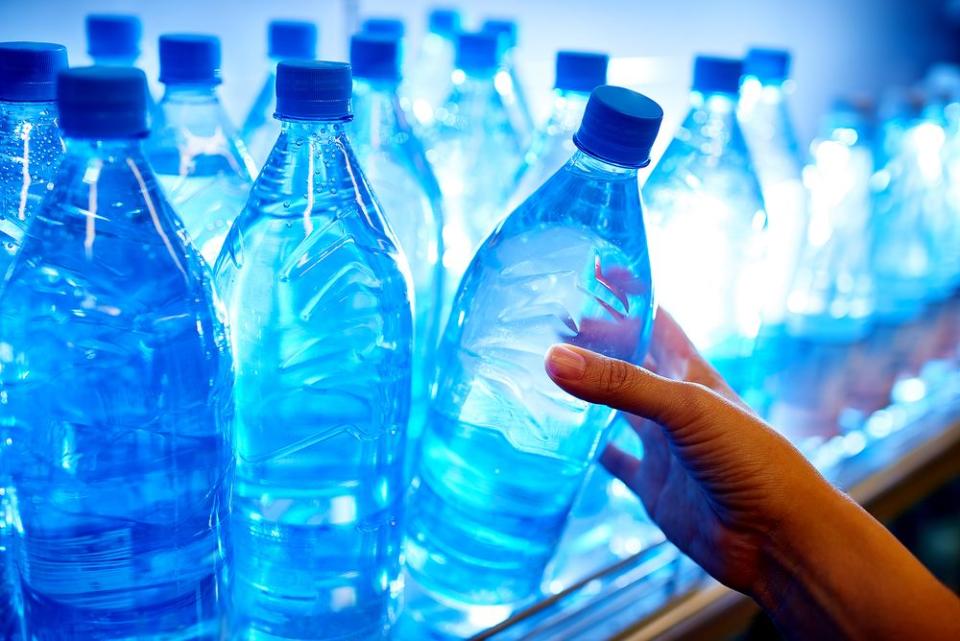Poll Says Majority of Americans Are Willing to Pay More to Avoid Plastic Products

A new poll shows that nearly two-thirds of Americans would be willing to pay more for products made out of environmentally sustainable materials to avoid single-use plastic products and help save the planet.
The survey was conducted by PBS NewsHour and Marist Poll, and polled 1,317 U.S. adults and 1,160 national registered voters in September.
Results showed that 24 percent of Americans were willing to pay 5 percent more for environmentally friendly products, 22 percent would pay 2 percent more, and 20 percent would pay 1 percent more, PBS said.
On the flip-side, 31 percent of Americans said they would not be willing to pay more. Similarly, 34 percent oppose a total ban on single-use plastics, which includes non-reusable forks and plastic drinking straws.
RELATED: Why Starbucks And Other Companies Are Ditching Plastic Straws To Help Save the Environment

Only about a quarter of U.S. adults said they would support a total ban, according to the PBS NewsHour and Marist poll.
Jayce Watkins, a 21-year-old from Bountiful, Utah, told PBS he does not support a ban because “the alternatives right now are so expensive.”
He also told the outlet that the current eco-friendly alternatives are of lesser quality than their plastic counterparts, mentioning the replacement of plastic straws with ones made out of paper.
“By the time I get done with my drink, that straw is going to be decomposed,” he said.
RELATED: Try These 8 Ways to Start Saving Our Oceans Now
However, this research and the growing trend to move away from single-use plastic follows shocking reports from environmental experts about the growing levels of plastic waste.
According to a 2017 study in Science Advances, scientists say that the amount of plastic waste produced around the world is expected to quadruple by 2050, with nearly half being dumped in landfills and environment.
“The amount of ocean plastic is set to increase,” Simon Reddy, a director of the Preventing Ocean Plastics project for Pew Charitable Trusts, told PBS. “Recognition and concern about plastic pollution can only increase with it, and hopefully with that, an appetite to do something about it.”

